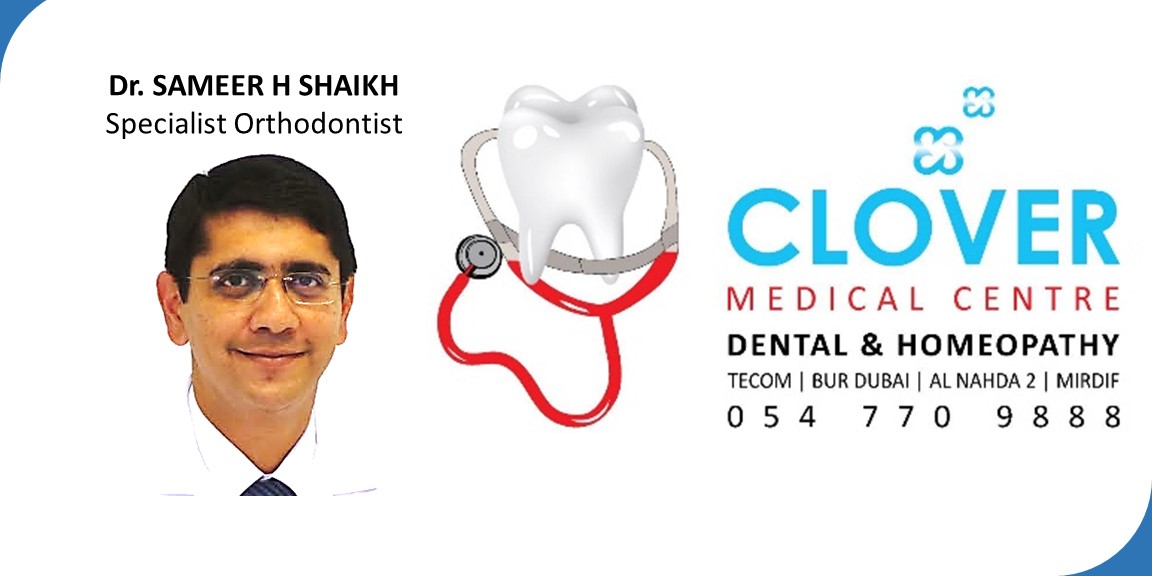How to overcome dental anxiety

Dental anxiety is one of the most common phobias in the world with nearly a third adults disliking the dentist and 1 in 10 of us having a phobia so strong that we actually avoid making visits to the dentist. Dental fear is a problem that needs to be tackled head on however as our oral hygiene is incredibly important for our health. With that in mind I thought it would be worth examining the strategies and techniques you can use to overcome dental anxiety.
Overcoming Mild Dental Anxiety
Mild dental anxiety is discomfort and nervousness at the dentist (as opposed to terror and panic). It can be treated in several ways.
Talking to your dentist
Talking to your dentist is the first step to overcoming your dental fears. Make sure your dentist understands your exact fears and work with them to make your appointment as relaxed as possible by taking breaks and letting them put you at ease.
Practicing breathing techniques
Controlled breathing relaxes your body and shifts your focus to other things to preoccupy your mind. This is fantastic when you are at the dentist as you can avoid a lot of discomfort and anxiety. The easiest breathing techniques simply involve inhaling and exhaling through your nose for a slow count of three – so three seconds breathing in followed by three seconds breathing out. This technique is particularly useful as it also overcomes the breathing issues many of us feel when things are in our mouth.
Using relaxation techniques
There are several relaxation techniques that may work for you. You could bring music into your appointment with you, ask to have your favourite radio station on or just have the nurse chatting to you about something. Different relaxation and distraction techniques work for different people so try and find something that will work well for you.
Overcoming Severe Dental Anxiety
Severe dental anxiety often cannot be treated by the steps above – though these techniques can and should be used to try and put you at ease.
When it comes to severe dental anxiety we are dealing more with a psychological phobia that is less due to nerves and more due to fears. We can potentially overcome severe dental anxiety in a few ways.
Counselling
You can receive counselling for your phobia. This will aim to look at the root causes of your phobia and will try to work through it so that you can move beyond it. Counselling is free on the NHS for severe phobias and helps hundreds of people.
Support Networks
Dental anxiety is very common and there are a wide number of support networks for people with these phobias. Sites like DentalFearCentral have forums dedicated to overcoming phobias as well as support groups and recommended dentists.
Sedation
Though not a preferred treatment option for severe sufferers of dental anxiety, sedation may prove one of the best solutions to the problem, giving you a better chance of visiting the dentist again!
There are different types of sedation available. The simplest is oral sedation, which is a tablet that you swallow an hour before the start of dental treatment. You will still be awake and aware of what is happening around you, but you will be also drowsy and more relaxed.
If that isn’t enough, you could also opt for intravenous sedation. This is an injection which is often administered into the back of the hand. Again, you will still be awake, however you will be in a deeply relaxed state and you may not remember what happened afterwards.
